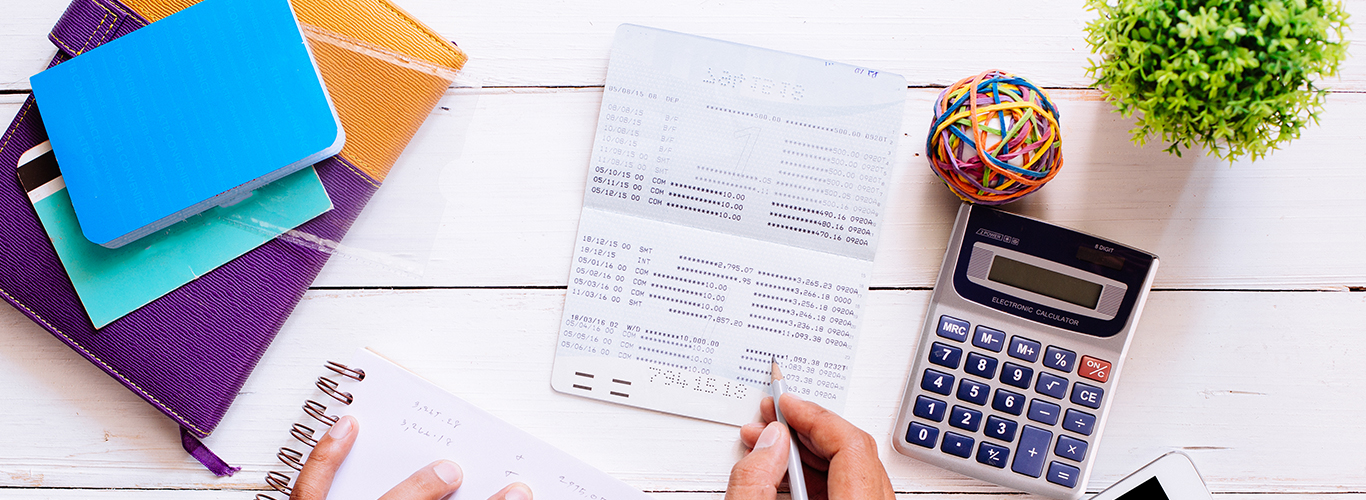Managing Money | Money Basics
The types of savings accounts you will need in your life

Putting your savings in a savings account is a good way to protect your money. But did you know that you should have more than one savings account under your name? In this article, we discuss why you need multiple savings accounts and how many you should have.
Why do I need more than one savings account?
The saying “don’t put your eggs in one basket” is a good way to start the discussion. You should avoid putting all of your money in just one account in case anything goes wrong.
But you shouldn’t have too many bank accounts either. While there are no penalties or fees for having multiple bank accounts, it does entail more responsibilities. You need to make sure each of the bank accounts meet the maintaining balance, and monitor each one regularly for any suspicious activities.
How many savings accounts should I have?
There isn’t a set rule regarding how many you should have. It depends on your needs and your lifestyle.
5 types of savings account you might need in your life
- Savings account
This is where you should put a fixed percentage of your income each month. Most people follow the 50/30/20 budgeting rule, meaning 20% of their income immediately goes into the savings account each pay day.
- Emergency account
An emergency account is where you put your money for a rainy day. These are days you have to deal with sudden expenses such as unexpected hospital visits, accidents, home repairs, car repairs, etc. Having an emergency account gives you a bit of a buffer. This way, you won’t have to dip into your other accounts and potentially drain all the money there.
- Spending account
This savings account is used for your daily expenses such as groceries. You can also use this account to pay for your bills, utilities, loans, and scheduled payments. A good way to manage your spending is by depositing only how much you are willing to spend in your spending account. That way, you can put a cap on your spending.
- Income/Payroll account
When you’re employed, your company typically sets up an account for you at their chosen bank. This is how you receive your regular salary, bonuses, and reimbursements from your employer. Should you choose to resign from your company, it becomes a normal savings account unless you are required to close it.
- Foreign currency account
If you have a relative who is working abroad, or if you have a foreign employer or client, a foreign currency account makes it easier for you to receive money and convert to Philippine Pesos.
While we’ve listed five here, these are not the only savings accounts you may need. The important thing to remember is to have more than one so you can better manage your finances and avoid spending it all in one go.
Looking to open a Metrobank Savings Account? Head to your nearest Metrobank branch today to get started!
More Smart Reads